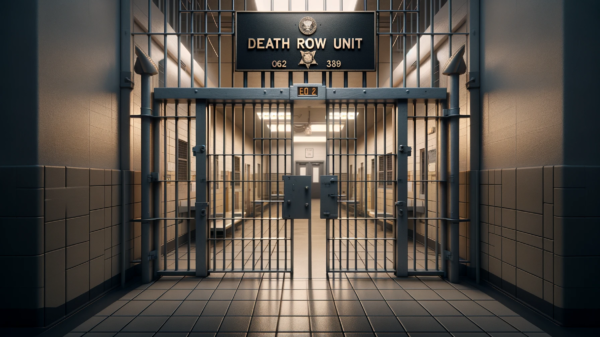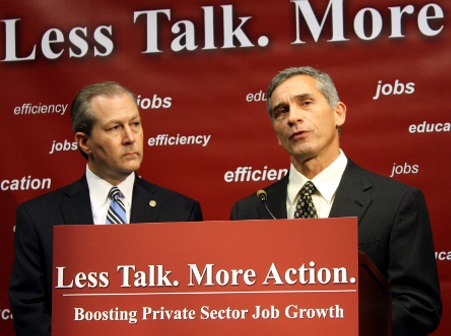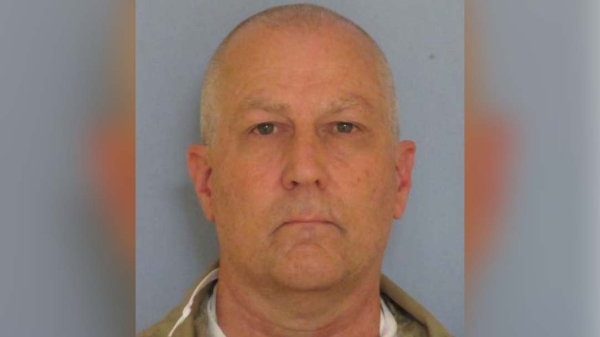By Bill Britt
Alabama Political Reporter
MONTGOMERY—On Wednesday, before the Alabama Supreme Court heard oral arguments on the Alabama Accountability Act, Speaker of the Alabama House Mike Hubbard and Senate President Pro Tem Del Marsh have filed a “friend of the court” brief with the Alabama Supreme Court, asking them to expedite its ruling.
Chief Justice Roy Moore said during the hearing that the court would rule soon.
According to the filing, Hubbard, who is charged with 23 felony counts of public corruption and Marsh, his Senate ally, are worried about the “possibly devastating prejudice to thousands of children of families across the State who are currently receiving scholarships through one of several scholarship granting organizations.”
They are especially concerned that donors who have given millions to SGO’s, most notably, the one found by former Gov. Bob Riley, might withhold donations until the court rules.
Hubbard and Marsh say that students who have qualified through an SGO would have their “lives…turned upside down due to the loss of their scholarships.”
The Accountability Act was sold as a program that would help students in failing schools, but as reports show, the scholarships are being given to students who are already in private schools, in non-failing schools and those being home schooled.
On May 13, Marsh stated plainly that the fund was, “About helping parents and children in the State of Alabama. That’s exactly what this is about. It’s about those failing systems finally having a chance.”
In the brief, Hubbard and Marsh use Riley’s Alabama Opportunity Scholarship Fund as an example of the program’s success, stating that the SGO has offered 2,800 scholarships.
According to a report by Mary Sells for the Decatur Daily, only 49 percent of the scholarships made available by Riley’s organization actually went to students in failing schools. Sell’s reports that Riley’s SGO “doesn’t keep numbers on scholarship recipients directly from failing schools.”
This contradicts the premise on which the law was pitched to legislators and the public.
So, it begs the question: would the court process result in lives turned upside down?
In their attempt to sway the Supreme Court, Hubbard and Marsh say ruling the act unconstitutional, “would rend a promise to thousands of poor school children.”
They further suggest that, “In the past, the parents of these children faced the harsh reality that they could not provide the quality of education they wanted for their children.”
But if the majority of students receiving these scholarship are not in failing school, were is the “harsh reality,” that the brief suggests?
As Larry Lee has pointed out in this publication and others, “In 2013, the Riley SGO raised $17.8 million and did not award a single scholarship according to their annual report filed with the revenue department.” He also states that the act has taken, “money from 733,000 public school students to send only 2,700 of them to private schools.”
Thirty superintendents have filed a “friend of the court” brief supporting Circuit Court Judge Gene Reese’s decision to declare the act unconstitutional, “only eight of them have failing schools,” according to Lee. He also notes, “According to superintendents in 20 counties with 37 failing schools, only 40 students have received scholarships because of AAA.”
However, Hubbard and Marsh have decided that they know better than the State’s top education leaders.
Hubbard was reported to have threatened many of the superintendents who have opposed the act.
Judge Reese ruled the law unconditional on the grounds that it violated a provision of the State constitution requiring that each piece of legislation cover only one content topic. The future of the AAA now rests in the hands of the State’s Supreme Court.






















































